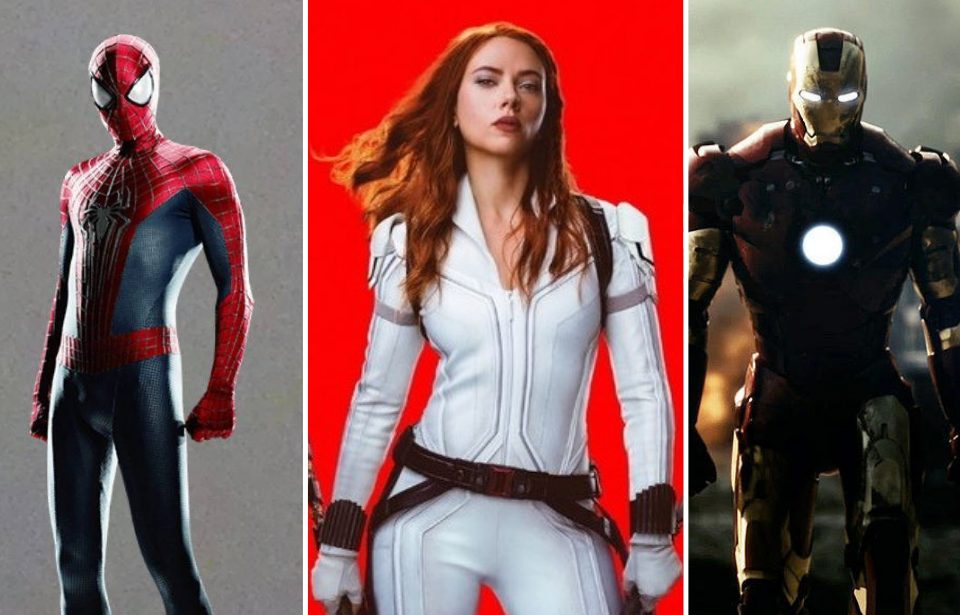Marvel is engaged in an epic legal battle over who owns their classic characters. With copyrights due to expire, the likes of Iron Man and The Hulk are apparently for grabs.
The estates of four co-creators – plus the living brother of Stan Lee himself – are demanding their fair share from Disney, which owns Marvel Entertainment. So the “House of Mouse” has turned to a team of Avengers… well, lawyers actually… to sue them.
At stake is full control over a slew of comic book favorites, not to mention the multi-billion dollar industry attached to them.
These Marvel characters may become a little less Marvel-ous
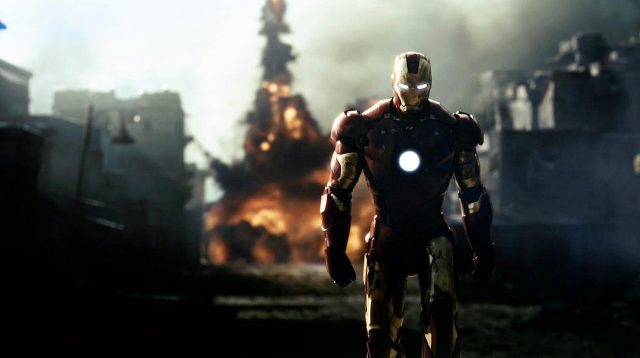
As learned by The Hollywood Reporter (THR), properties such as Spider-Man are set to expire soon. Marvel/Disney got word that a legal storm was brewing back in the Spring, according to the New York Times.
In August, Steve Ditko’s estate filed an ominously named “notice of termination” over rights. The late artist and writer co-created Spider-Man with Lee back in 1962. The friendly neighborhood web-slinger would reportedly relocate to Ditko’s neck of the woods in 2023.
Earlier in the year, Lawrence D. “Larry” Lieber sent his own notice. He co-created Thor in the 1960s, among other Marvel icons. However, he’s also known as head honcho Stan Lee’s younger brother. Lee passed away in 2018.
Endgame in the courts?
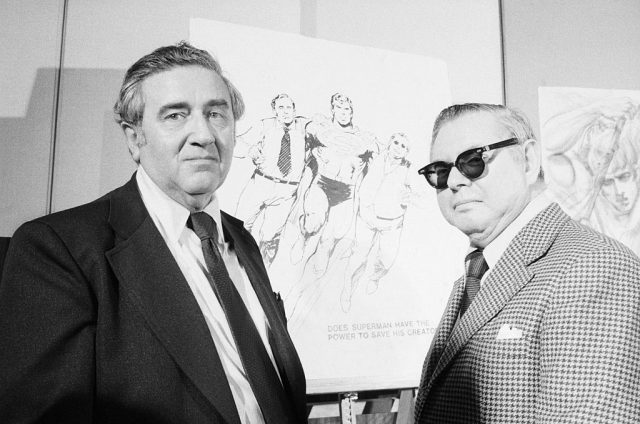
It’s believed rights should go to Lieber and co, once existing copyright periods expire. But a killer question determines the outcome: were these artists employees of Marvel Comics, or freelancers?
Litigator Daniel M. Petrocelli, representing Disney, spoke to the Times. He asserts the characters are “works made for hire and thus owned by Marvel”. Under those conditions, Lieber, Ditko, and the rest operated under house rules and are ineligible for creative control.
Intellectual property lawyer Marc Toberoff represents the five parties. Quoted by the Times, he states the artists were “freelancers or independent contractors, working piecemeal for car fare out of their basements”.
Both men were key players in the long-running case of Siegel and Shuster vs. DC /Warner Bros. Comic book artists Jerry Siegel and Joseph Shuster created Superman back in 1938, but they – and then their estates – spent years trying to obtain the rights. This latest battle involving another comic book titan puts Petrocelli and Toberoff head to head once more.
What’s the truth behind the creative process at Marvel? It boils down to their way of doing things back in the day…
Stan Lee and the Marvel Method
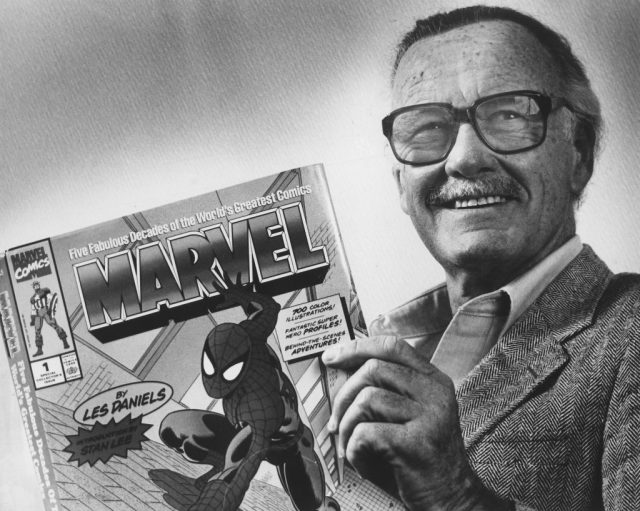
Marvel Comics was founded by publisher Martin Goodman in 1939. The brand began as Timely Comics, with Marvel adopted later.
Stan Lee is the name most associated with Marvel Comics. As the business grew, he needed help on the comic book front, so a system was devised. The Leadership & Legacy: Stan Lee website details the famous “Marvel Method”.
This reportedly involved Lee discussing stories with creators, who would then get to work and supply him with material fleshing out his original ideas. Lee was apparently in overall charge of the plot and dialogue. But, as Leadership & Legacy writes, there has been some ambiguity over who exactly did what.
They note criticism that while “Lee does only the dialogue, and that too based on another’s ideas and artwork, he gets almost all of the credit for the story”.
Marvel Comics and copyright history
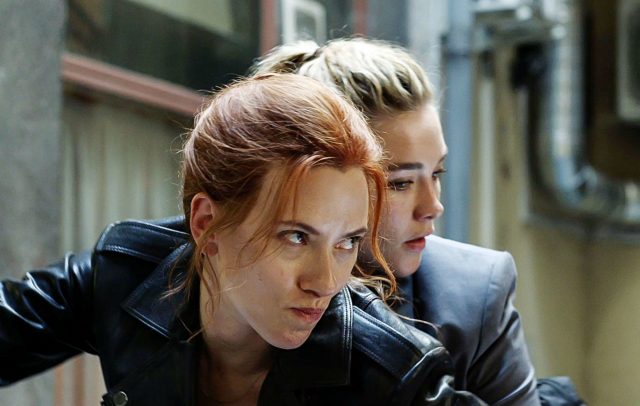
This isn’t Marvel’s first rodeo in the courts. For example, between 2009 – 13, the estate of Jack Kirby unsuccessfully fought to win back various characters, including The Hulk and X-Men. Toberoff led the charge there also. The case nearly reached the Supreme Court.
More recently, Scarlett Johansson has taken legal action over profits for Black Widow. The blockbuster release was constantly delayed by the pandemic, before being shown in cinemas and on Disney+. Johansson and her team argue that this move deviates from the agreement she signed.
Who will win the epic legal battle for Iron Man, Thor, and others?
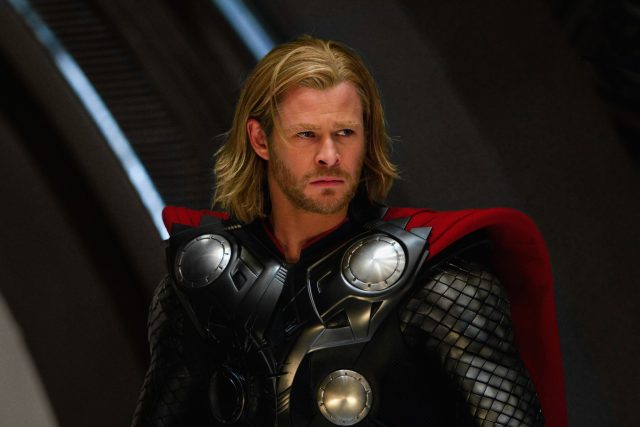
Lieber and the artists’ heirs appear to have a mountain to climb. Den of Geek writes “there is very little precedent for Disney allowing its copyright on important characters to expire”.
Should Marvel/Disney lose, they’d hold on to “at least a share of character rights”, according to THR. The Times mentions the Copyright Revision Act of 1976, which co-creators are banking on.
However, there’s also the Mickey Mouse Protection Act, jokingly named after the company extended existing copyright over Winnie the Pooh in 1998.
More from us: 10 Surprising Facts About Classic Disney Characters
It’ll be a judge’s hammer, rather than that of the Mighty Thor, to decide the end result.
